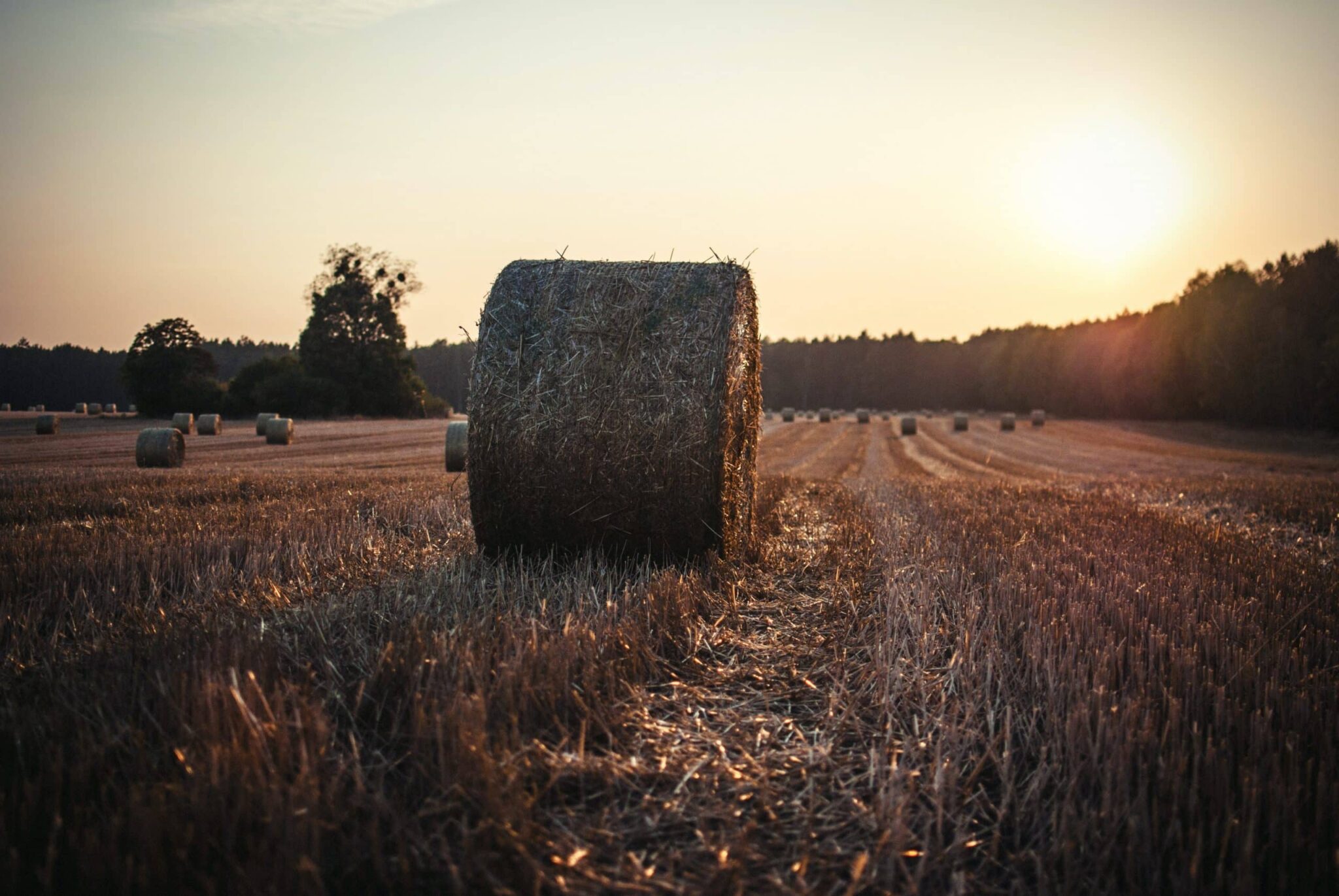Monday is the most dreaded day of the week. After the weekend, a collective groan wafts across the world: “Ugh—back to work.”
Understandable. The drill can be tedious, the routine exhausting, and the boss stupid. As the classical philosopher Marcus Aurelius said, “The color of one’s thought dyes one’s world.” How can we learn to see work as both a means of support as well as God’s gift?
The problem may come from compartmentalizing our prayer and our work. Is Sunday the tidy hour given to God, separate from anything else we do? Or does our faith permeate every minute of every day, especially endless hours spent working?
To resolve this dilemma, like every other, let’s look at our model, Jesus. He was surrounded by people who worked: fishermen, farmers, tax collectors, shepherds, and soldiers. He drew his images from a woman baking or a farmer pruning vines. He himself worked hard. Author Carol Perry points out that his contemporaries called him not rabbi, but carpenter.
Jesus’ first followers continued along that path. Paul, the tent-maker, wrote: “You know for yourselves that I worked with my own hands to support myself and my companions. In all this I have given you an example that by such work we must support the weak” (Acts 20:34-35). The Benedictine abbeys of the Middle Ages were founded on two cornerstones: ora et labora, prayer and work. The Franciscan missions in California were beehives of activity: crops were grown, grain milled, wine made, furniture carved, cloth woven, paintings and sculptures created. St. Thérèse of Lisieux fell asleep during formal prayer, but she found God in daily occupations—her “Little Way.”
These examples from our tradition show that we’ve always respected work, considering it essential to a full life. Our language reflects that belief. After an illness, we gauge health by a return to work: “She’s feeling better. She’s back to work!”
A subtle pecking order undercuts this respect, distinguishing “loftier” work (done with clean hands) from “lower” work (grubbier). But healthy folks relax those distinctions. An “earthy” pastor drew protests when he pitched in to wash dishes after a potluck dinner. He pleaded with those who tried to take over, “Please let me finish. It’s the only tangible thing I’ve accomplished all day.”
The Work of the Human Spirit
More dangerous than the hierarchy of work is the suggestion that somehow we taint our spirituality with drudgery. The teaching of Jesus about the lilies of the field (Mt 6:28-29) prompts criticism of overwork and consumerism. We need to understand that the paycheck fills legitimate needs: providing education, shelter, and medical care for ourselves and our children. Furthermore, work provides creativity, a social dimension, and a step beyond the self that’s necessary to a gospel outlook.
Simply telling others we love them may seem phony if emotion isn’t translated into deeds. How many children eating Mom’s enchiladas or Dad’s lasagna have known that they’re cherished? How many spouses have appreciated that their mate’s overtime provided the means to buy a new car or remodel a kitchen?
Anyone who’s ever questioned work’s importance to the human spirit should watch preschoolers at play. Many pretend to be firefighters, parents, doctors, engineers or truck drivers, modeling adult responsibility. In Montessori schools, children wash dishes that aren’t dirty for the joy of the task: clean scent, warm water, popping bubbles.
We may have lost that first fascination with work through numbing repetition. But many recapture it through hobbies: working on a toy railroad or a pottery wheel seems more fun if it’s not for a deadline or a paycheck.
Our outlook colors our work. Seeing the potential to meet God at every turn of the page or pour of the coffeepot enlivens repetitive processes. Another exciting possibility is that our efforts will be blessed by God’s cooperation. Mark’s Gospel compares this surprise to farming: “The kingdom of God is as if someone would scatter seed on the ground, and would sleep and rise night and day, and the seed would sprout and grow, he does not know how” (4:26-27).
We may never see the fruits of our labors. We won’t know how a word or a kindness affects another person, even another generation. But if we plant the first seed, then God can pour forth an abundant harvest.



3 thoughts on “The Fruits of Our Labors”
Great article! Perfect start to honor and celebrate Labor Day!
Love this article! Thank you for sharing.
Lord Jesus Christ, you have the words of everlasting life. May we never doubt your saving love and mercy, and the power of your word to bring healing, restoration, and freedom from every sin and oppression. Amen.